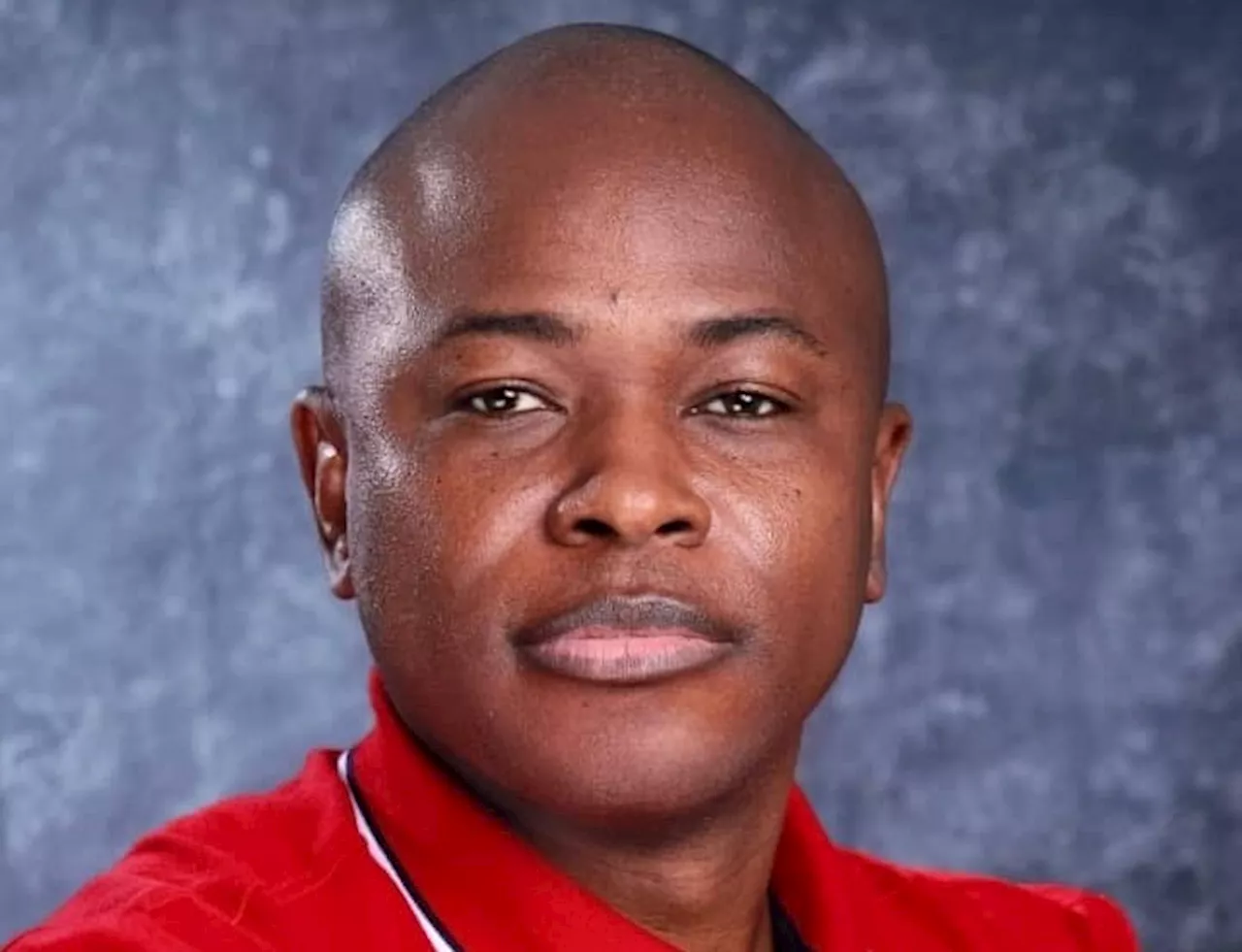This article argues against blind imitation of industrialized nations by developing countries, emphasizing the importance of prioritized development based on foundational needs.
In today's global discourse on development, innovation, and digital economies, many developing countries, particularly in Africa, are increasingly aspiring to emulate the cultural, social, and economic practices of industrialized nations. While inspiration is valuable, blind imitation without proper context can be detrimental. It's akin to a 'ajepako', a resourceful street-smart child, striving to live like an 'ajebutter', a privileged affluent child.
This often results in misplaced priorities and prolonged poverty. This analogy, while seemingly simplistic, holds significant truth. A nation with a low Human Development Index (HDI), fragile institutions, high poverty rates, and inadequate infrastructure cannot afford to prioritize the same social indulgences as a country boasting a high HDI, universal basic education, world-class healthcare, and stable governance systems. It's not merely a matter of budget size or ambition; it's about context and prioritization. Consider the growing obsession with social media content creation and reality television. While these platforms undoubtedly generate jobs and build brand awareness, we must question whether they are the most crucial priorities for our current stage of national development. Should these platforms consume so much of our youth's energy and national attention when we still grapple with insufficient primary schools, dysfunctional primary healthcare systems, and unreliable local access roads?This is not a call to stifle creativity or entertainment. Every nation requires culture, recreation, and the arts. However, the danger lies in prioritizing indulgences—yes, indulgences—over necessities. When millions of children are out of school, and citizens still travel considerable distances on foot to access healthcare, directing major national resources and attention towards non-essential pursuits is akin to purchasing a PlayStation while your roof leaks and your children lack textbooks. In the business world, this would be considered poor investment judgment. Imagine a startup founder with no revenue stream prioritizing brand photoshoots over developing a Minimum Viable Product (MVP). Or a retailer investing heavily in luxury office furniture while their supply chain is faltering. The outcome is inevitable: collapse, burnout, or stagnation.Developing countries—and by extension, their citizens—must grasp the concept of staged development. We need to build from the ground up, not the top down. You wouldn't construct a skyscraper from the tenth floor. That would be architectural suicide. Similarly, we cannot directly leap into space exploration, artificial intelligence, or advanced biotechnology without first securing the fundamentals: quality foundational education, primary healthcare systems, agricultural mechanization, sanitation, basic traffic management, and critical infrastructure.This is why I often chuckle when I hear some of our self-proclaimed development critics demand the same Research and Development (R&D) budget allocations as the United States, Japan, or China. These are nations that have invested heavily in foundational systems for decades. They didn't skip steps. They invested in their people first—through education and healthcare—and then built institutions that fostered innovation and technology to thrive. If you genuinely desire to build the Nigeria, Kenya, or Ghana of the future, the first step is to address our basics. For instance, instead of organizing television talent shows or social media challenges, why not invest in training teachers in our public schools or establishing tech labs in underserved communities? Why not prioritize building Primary Health Centers (PHCs) and equipping local clinics with diagnostic tools before investing in medical tourism? Why haven't we dismantled illegal tollgates from farming communities to moderate prices and make more rural roads motorable, allowing our farmers to transport their produce to markets without it spoiling in transit? What about emphasizing technical or vocational training?Nigeria is building homes, roads, bridges, even in sectors like oil and gas and mining. We require a substantial supply of skilled artisans. The focus shouldn't solely be on content creation but on equipping our young people with skills like tiling, painting, fabrication, welding, and construction. Are our youth prepared for these roles?These are the fundamentals. They might not be glamorous. They may not trend on social media or generate viral moments. But they are what transform nations. To the youth reading this, the message is simple: don't pursue indulgences at the expense of essentials. Build capacity, invest in personal development, acquire vocational and technical skills, and think long-term.Social media fame might be fleeting, but competence is forever. Be the 'ajepako' who studied under streetlights and subsequently built a billion-naira enterprise, not the one who faked a lifestyle on credit just to conform. For policymakers and entrepreneurs, the same principle applies: Invest where it truly matters. Don't be distracted by vanity metrics
Development Prioritization Staged Development Essentials Social Media Vocational Training Infrastructure Human Development Index
Nigeria Latest News, Nigeria Headlines
Similar News:You can also read news stories similar to this one that we have collected from other news sources.
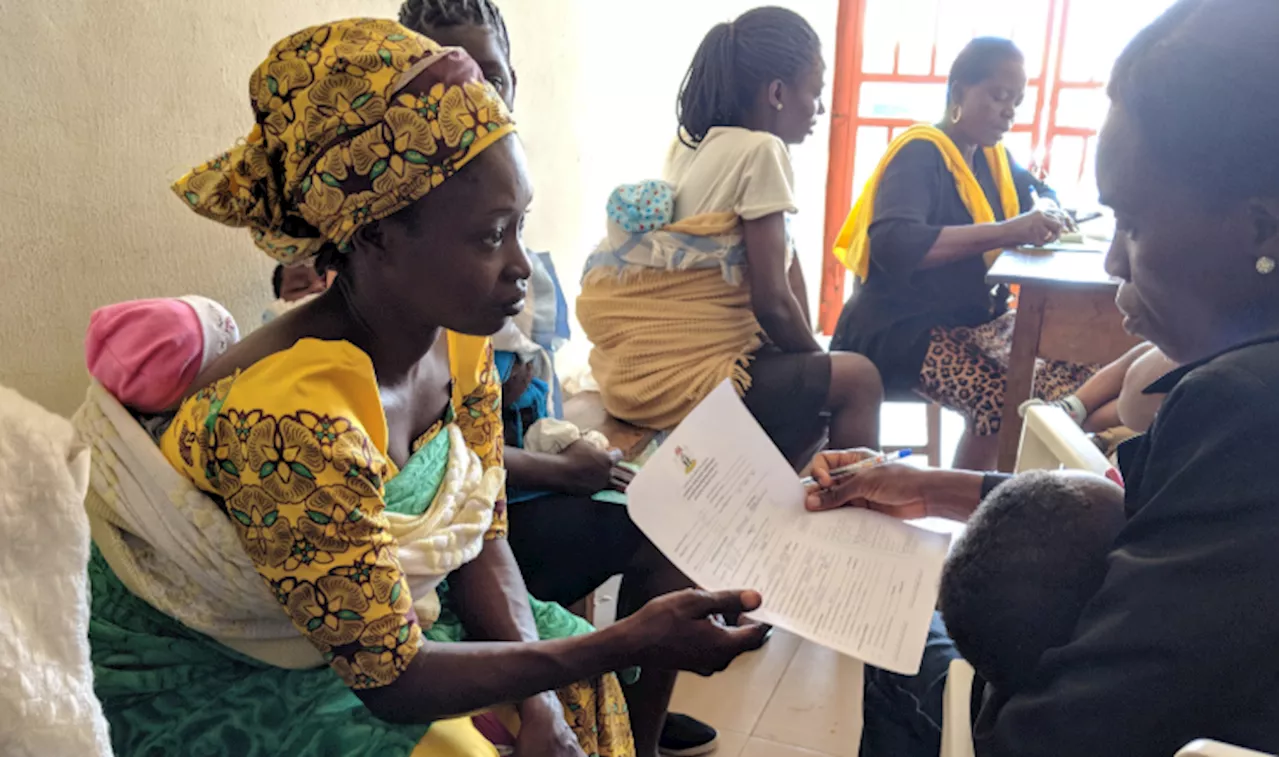 Why Nigeria can’t plan without a unified CRVS systemNigeria's independent online newspaper
Why Nigeria can’t plan without a unified CRVS systemNigeria's independent online newspaper
Read more »
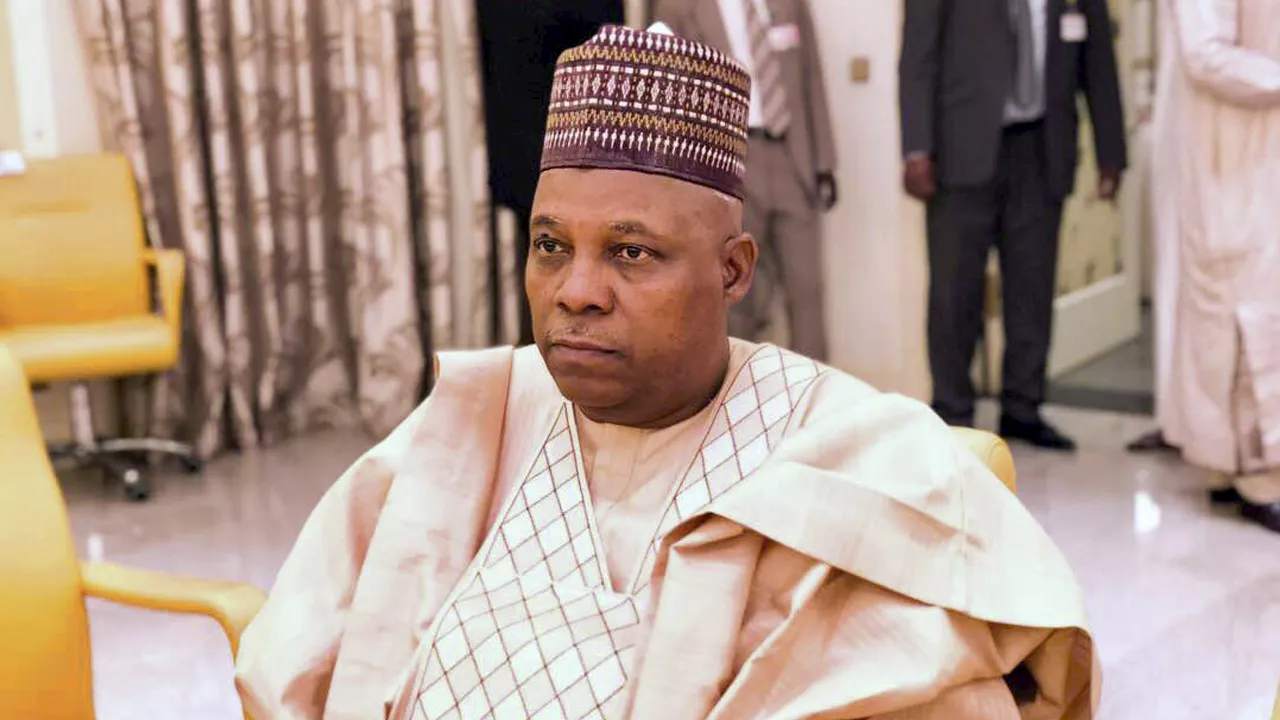 BREAKING: Shettima’s comments taken out of Context, not about FubaraA Trusted Nigerian Newspaper
BREAKING: Shettima’s comments taken out of Context, not about FubaraA Trusted Nigerian Newspaper
Read more »
 ADA, ADC, APC: Without substance, what’s in a name?, By Zainab Suleiman OkinoPremium Times - Nigeria'bs leading online newspaper, delivering breaking news and deep investigative reports from Nigeria
ADA, ADC, APC: Without substance, what’s in a name?, By Zainab Suleiman OkinoPremium Times - Nigeria'bs leading online newspaper, delivering breaking news and deep investigative reports from Nigeria
Read more »
Without Tinubu, Jonathan would’ve defeated Buhari – Omokri fires back at Boss MustaphaFormer presidential aide, Reno Omokri, has insisted that President Bola Tinubu was instrumental in Muhammadu Buhari becoming president. Omokri maintained that without Tinubu's influence, former President Goodluck Jonathan would have defeated Buhari in 2015.
Read more »
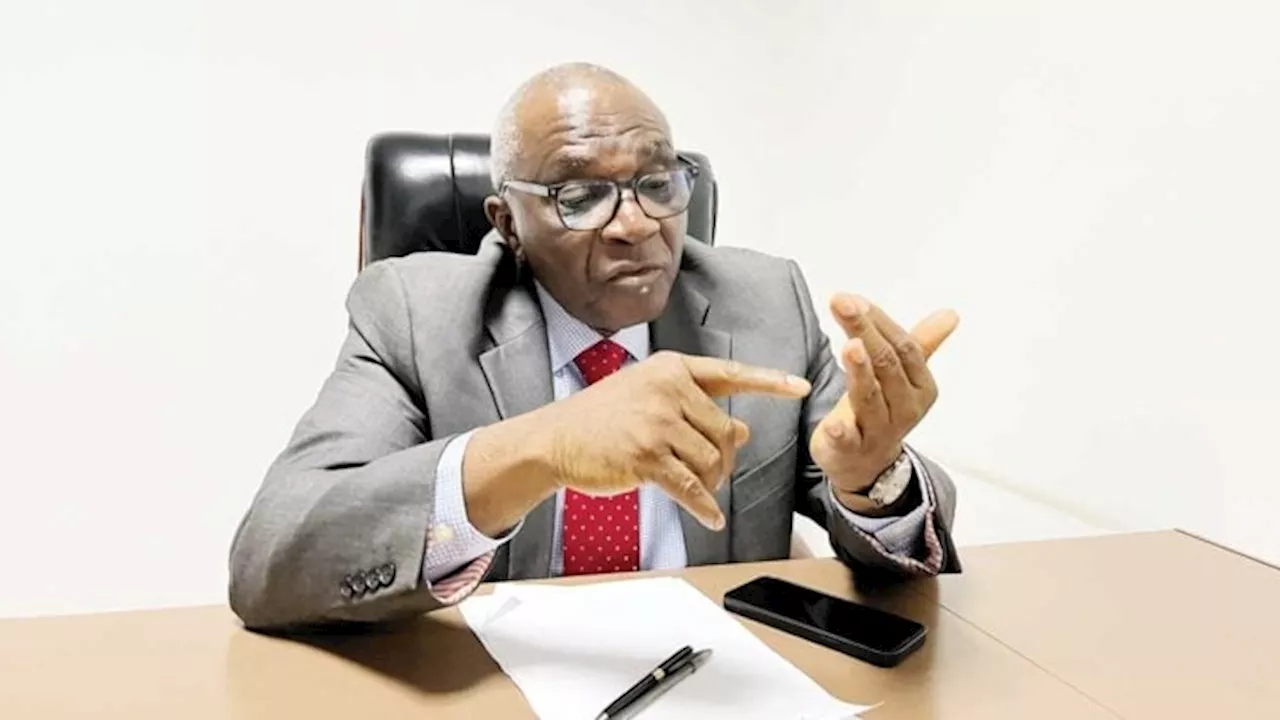 Bayo Onanuga: Buhari couldn't have won 2015 election without Tinubu's strategic supportBayo Onanuga, special adviser on information and strategy to President Bola Tinubu, says the merger that formed the All Progressives Congress (APC) in 2013 gave former president Muhammadu Buhari the 'important votes' needed to win the 2015 presidential election.
Bayo Onanuga: Buhari couldn't have won 2015 election without Tinubu's strategic supportBayo Onanuga, special adviser on information and strategy to President Bola Tinubu, says the merger that formed the All Progressives Congress (APC) in 2013 gave former president Muhammadu Buhari the 'important votes' needed to win the 2015 presidential election.
Read more »
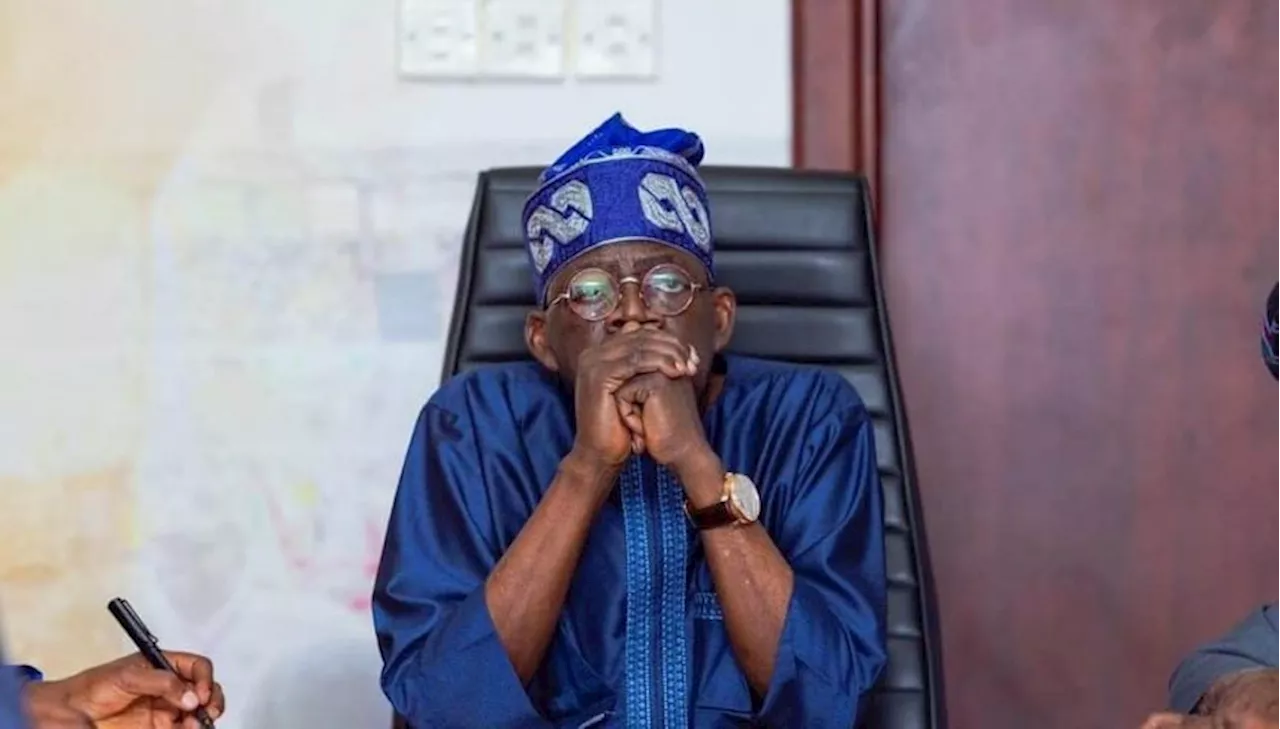 2027: Uncertainty as Tinubu, APC begin new chapter without BuhariThe remains of former President Muhammadu Buhari were on Tuesday laid to rest in his hometown, Daura, Katsina State. DAILY POST reported that the solemn ceremony drew dignitaries from across the nation and beyond.
2027: Uncertainty as Tinubu, APC begin new chapter without BuhariThe remains of former President Muhammadu Buhari were on Tuesday laid to rest in his hometown, Daura, Katsina State. DAILY POST reported that the solemn ceremony drew dignitaries from across the nation and beyond.
Read more »
